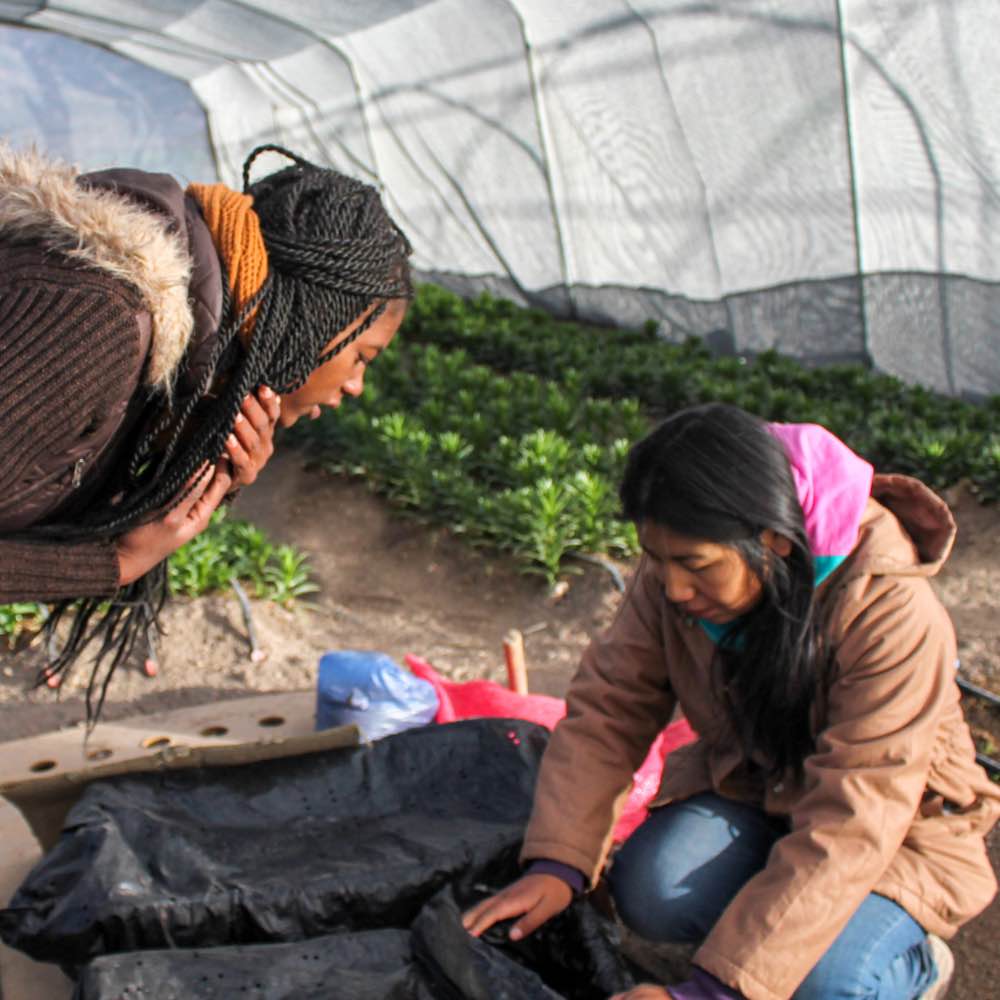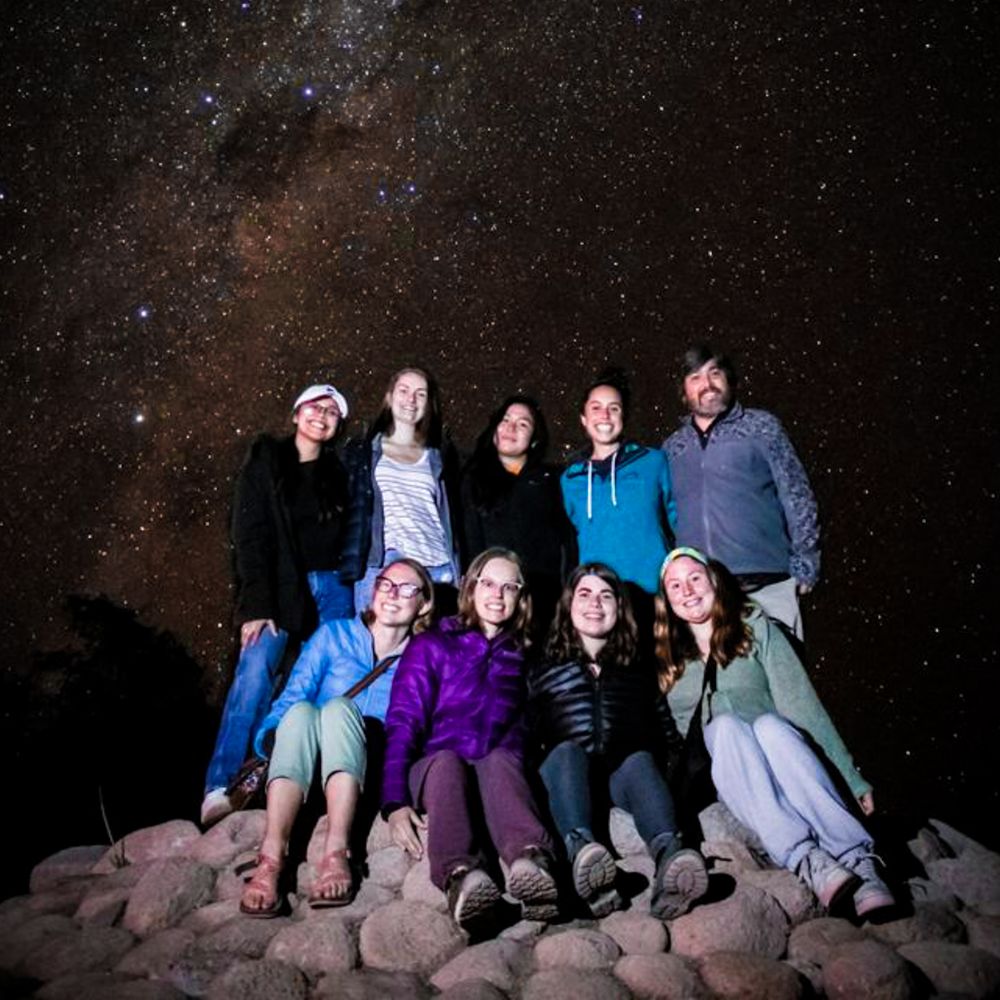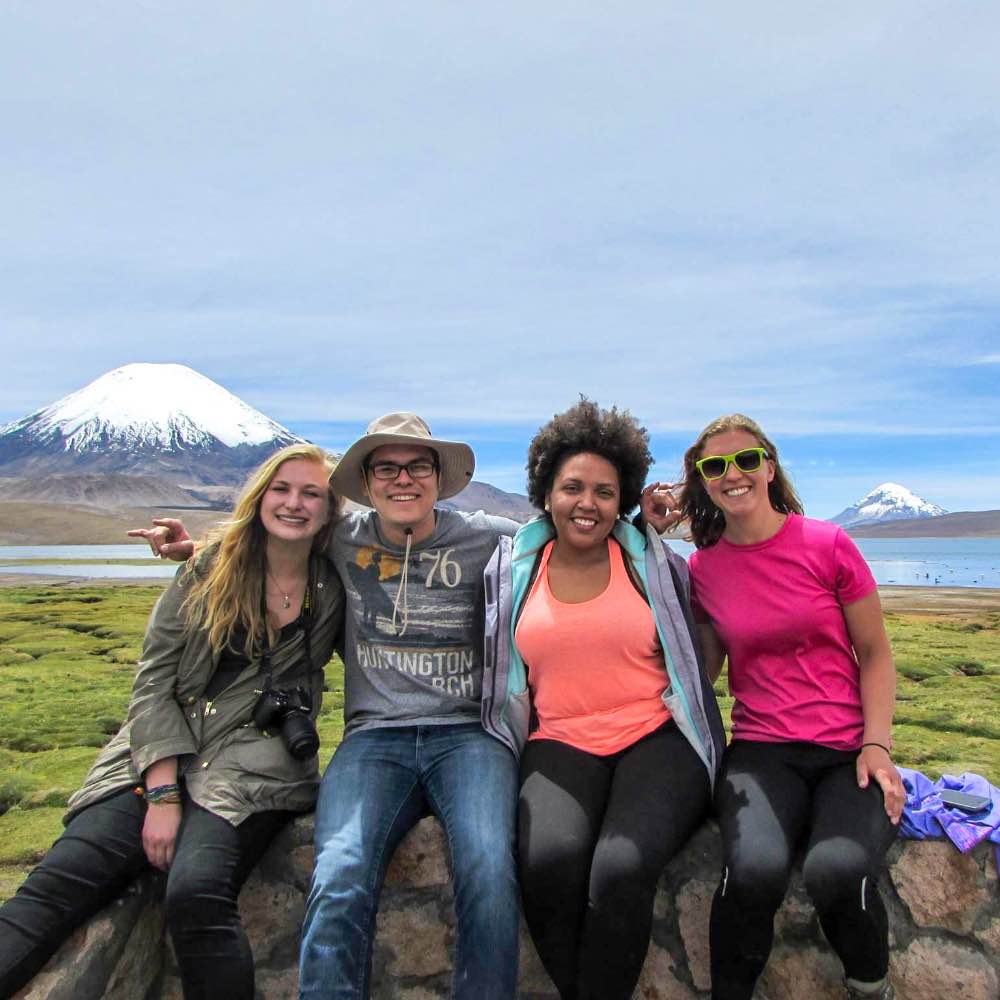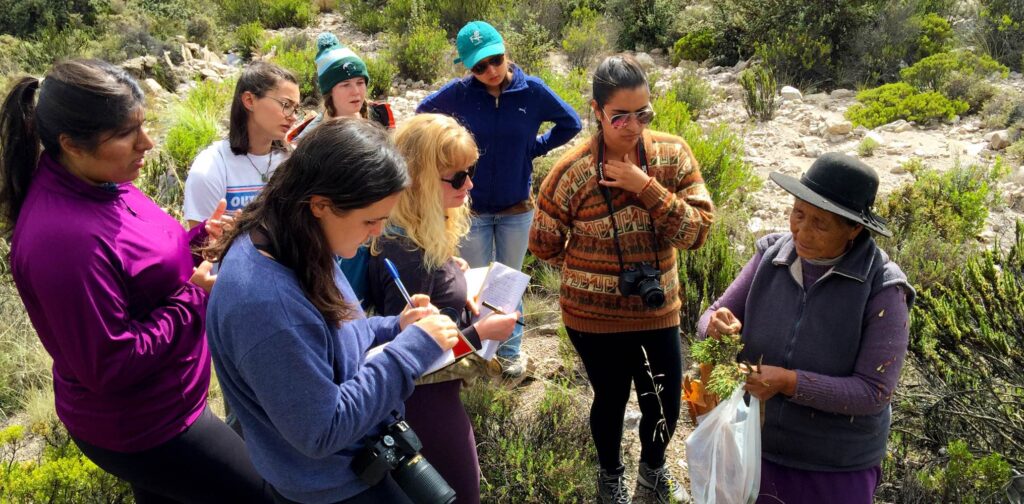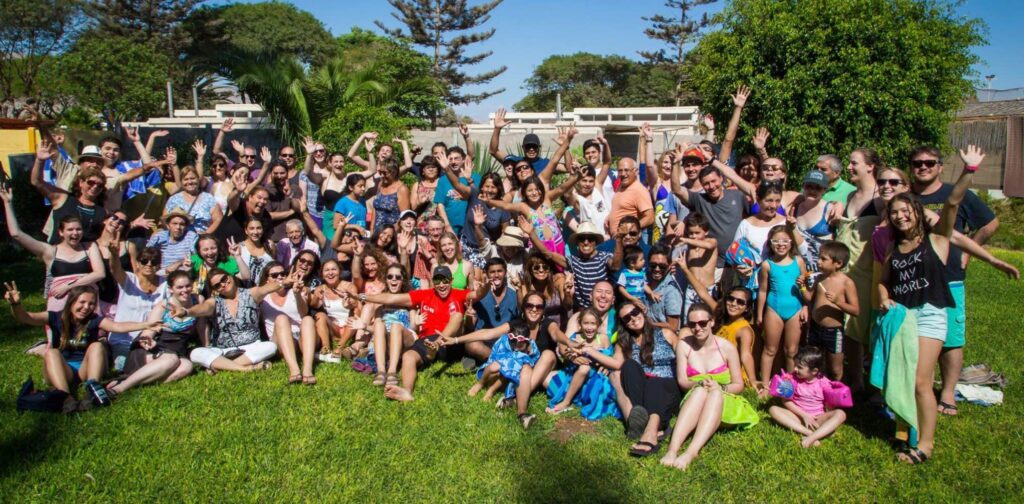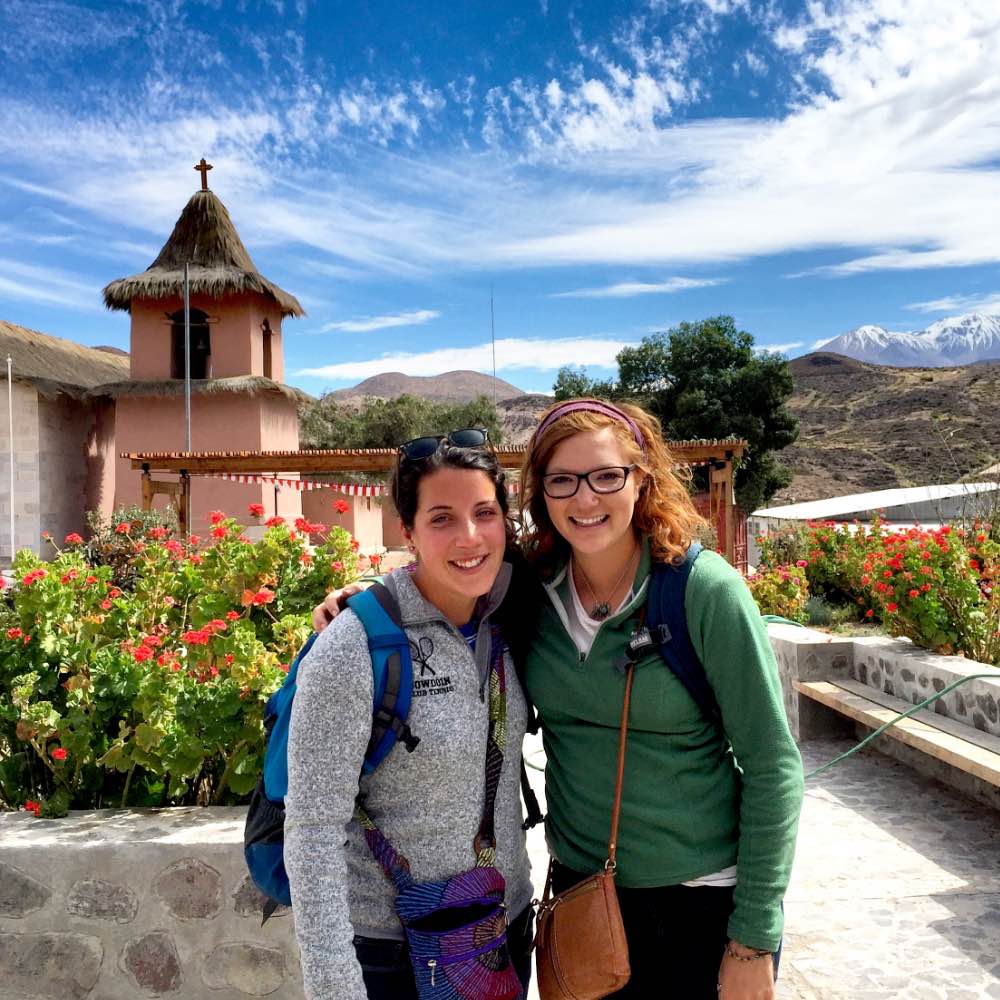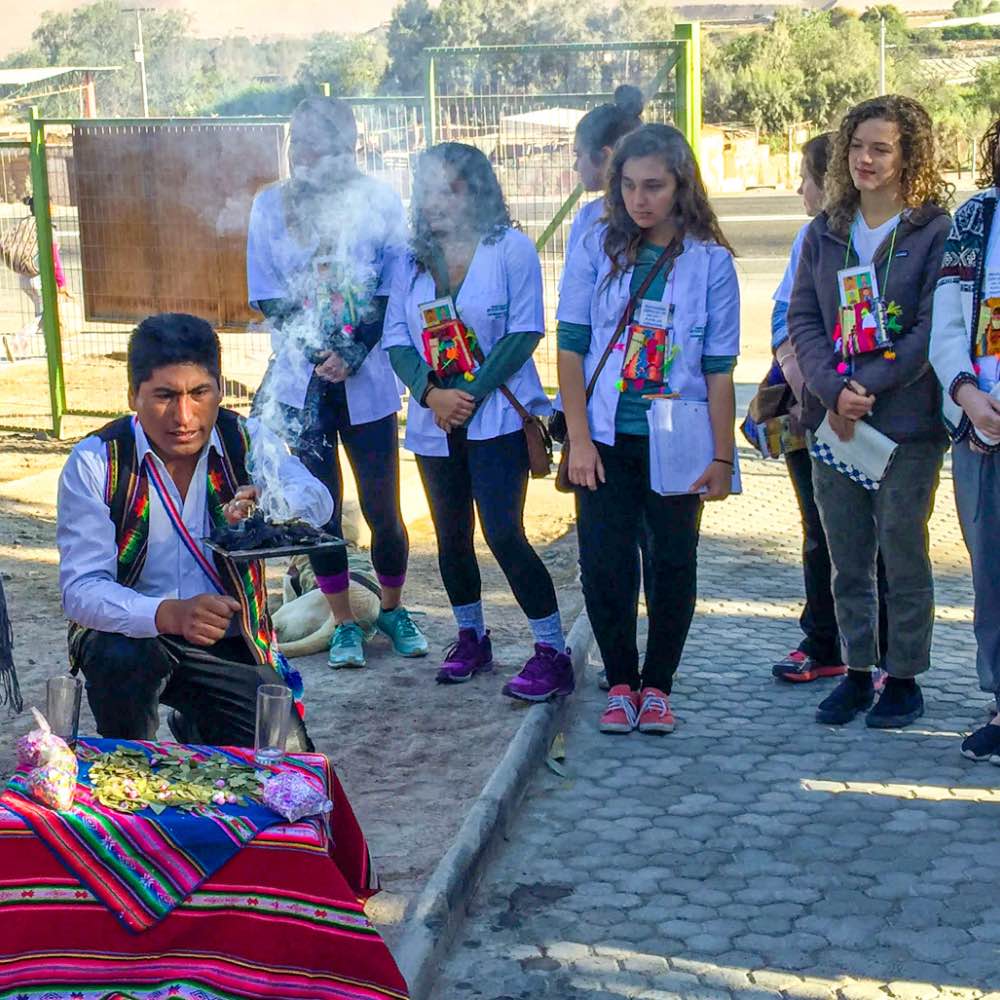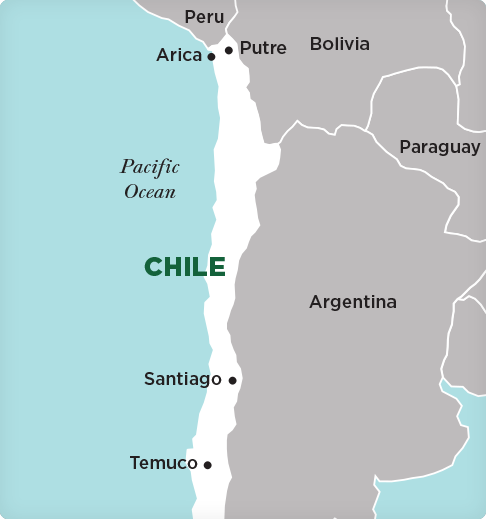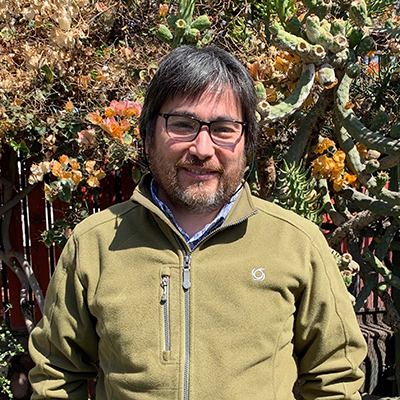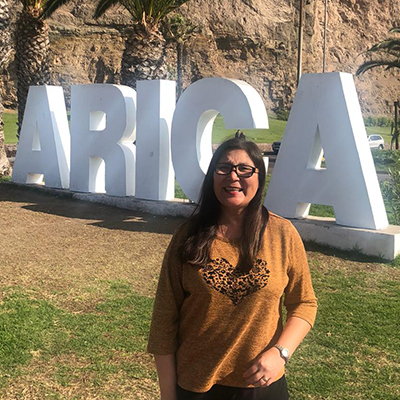Overview
Why study abroad in Chile?
Live in ethnically diverse Arica, Chile, home to many different cultures and healthcare practices as well as unequal access to health services. From this strategic location near the borders of Peru and Bolivia, you’ll learn about transnational issues such as infectious disease management and examine healthcare from international perspectives at health centers and government offices. You’ll also learn how to collect, analyze, integrate, and report social and public health data, and use that knowledge while completing independent research or an internship.
Learn first-hand about the work carried out by the public health teams of the Chilean Health System, learning about action plans, programs and initiatives in community health and with indigenous peoples and immigrants from other Latin American countries living in Chile.
Spend more than three weeks with Mapuche and Aymara communities, where you will learn about intercultural and Indigenous medicine and examine how healthcare policies and politics affect Indigenous people. Throughout the program, you will engage with health officials, policymakers, and traditional medicine practitioners and have homestays with three different families in both urban and rural areas.
You will also learn Spanish language skills related to health sciences through classroom learning, cultural immersion, homestays, and excursions.
Highlights
- Study urban and rural healthcare systems, including Indigenous medicine.
- Examine national healthcare policies and intercultural and traditional healing.
- Learn Spanish with a focus on clinical and public health.
- Choose to do an internship in public health centers or with traditional healers of Indigenous people.
- Learn how Indigenous communities manage their health with ancient medications and treatments.
- Learn public health research methods and complete field research or an internship.
Prerequisites
At least one college-level course in public or global health, medicine, nursing, development studies, anthropology, sociology, psychology, community development, environmental science, social sciences, or other related fields recommended but not required. Two recent semesters of college-level Spanish or equivalent and the ability to follow coursework in Spanish, as assessed by SIT, are also required.
Earn a Minor
Students studying on this SIT semester-length program can choose to simultaneously complete a minor, with no additional coursework or cost. At SIT, a minor is a minimum of 16 credits taken within a content area. This standout credential can help boost your future job or graduate school applications.
SIT’s program in Chile offers the opportunity to earn a minor in global health or Indigenous health. Through this program, you’ll learn about public health through traditional medicine and intercultural healthcare practices, Indigenous customs, community welfare, and social justice.
Find this program on social




